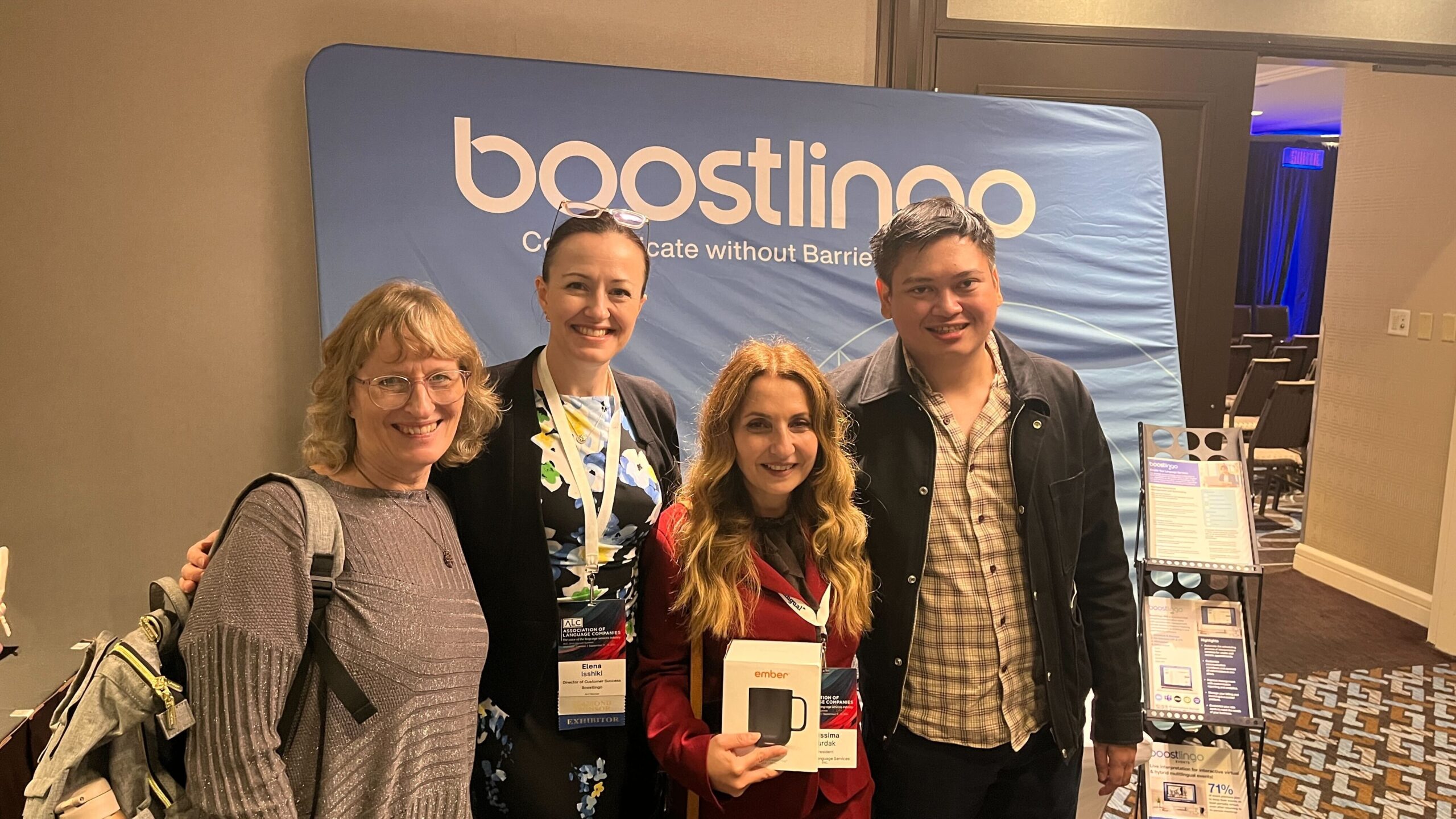At Boostlingo, we take pride in our commitment to delivering high-quality language solutions through our app. One of the ways we achieve this is through our use of intelligent routing.
Many services offer intelligent routing, and sometimes it’s meaning can get a little lost. That’s why we want to sit down and demystify what it means when you see ‘intelligent routing’ in the wild.
What is Intelligent Routing?
Essentially, it’s a form of Artificial Intelligence (AI) that allows the user to connect with the most appropriate interpreters based on their specific needs. This means that we can ensure that our clients receive the best possible service with high levels of customization. How does it work? Well, we’ve developed a sophisticated algorithm that takes a number of factors into account when assigning an interpreter to a given assignment. These factors include things like the subject matter of the project, the language(s) required, and experience of the available interpreters. Intelligent routing also allows interpreters to grab more sessions not only within their workspace, but in other workspaces as well. For example, if an interpreter at one location has fewer interpreting sessions, intelligent routing can identify this, and that interpreter will have more opportunities at other locations.What about Staff Routing?
Intelligent routing is also used in harmony with your own personal staff routing. If you use a combination of Boostlingo Hub interpreters and your own in-house staff, staff routing is used to make sure you know exactly how calls are being routed. You are able to customize rule sets for your own interpreters. Some of these customizable rules include:- Language
- Resources type (Internal vs. External)
- Encounter type
- Location




